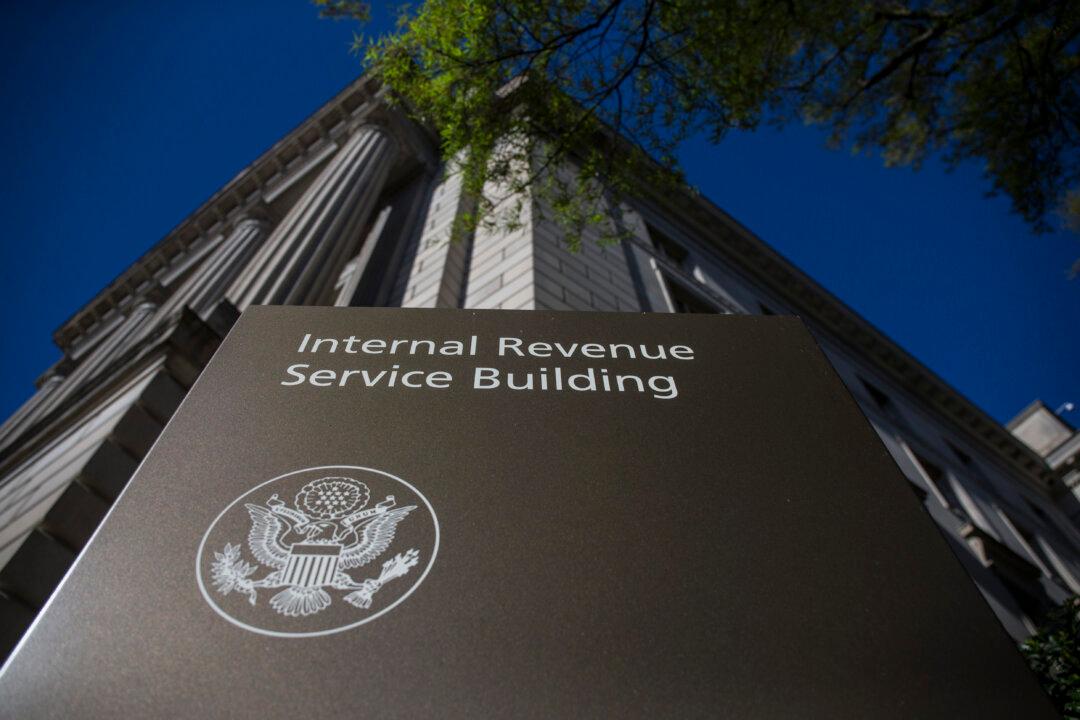The proposed bank account reporting law drawn up by the Biden administration is a violation of Americans’ financial privacy and is a costly regulatory burden on financial institutions, Paul Merski, executive vice president for the Independent Community Bankers of America, told NTD’s “The Nation Speaks” program.
“This is going to be a massive invasion of financial privacy,” Merski said. “The last thing we need is everyone’s financial account information being turned over to the IRS in a massive dragnet.”





